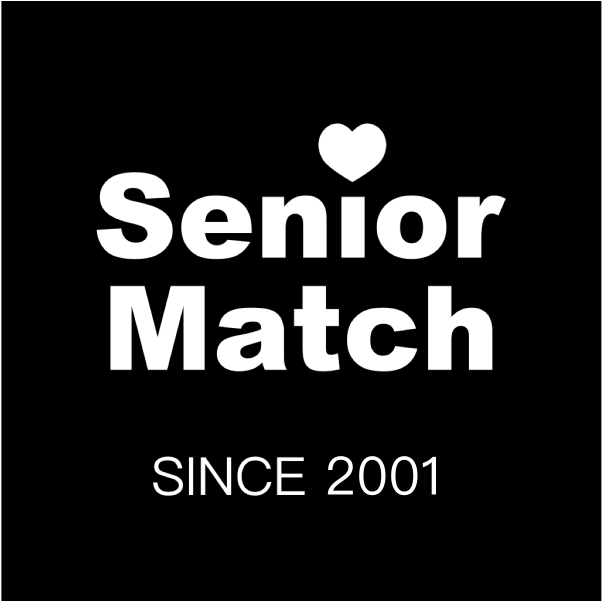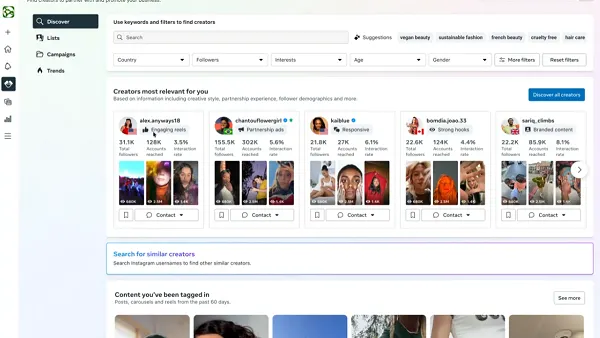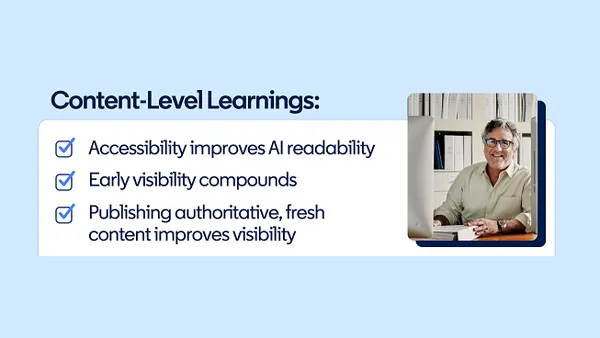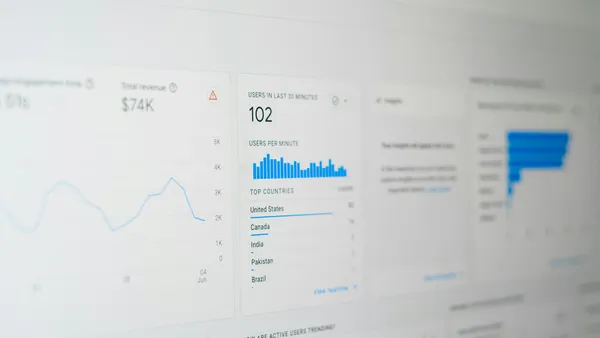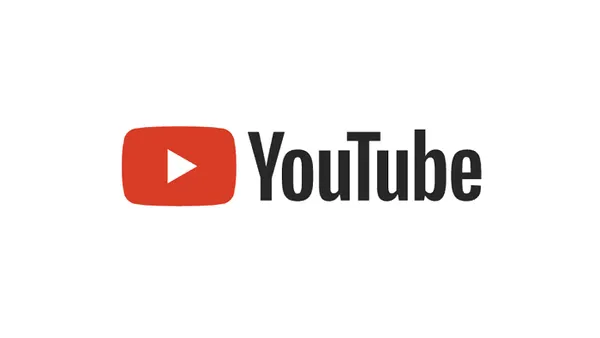A colleague of mine recently sent me the 10 signs you may be a Weblebrity. Defined in the email as "...a new buzzword that has been spawned defining someone who's well-known online but perhaps not in the real world." A few highlights:
#4. You stopped thinking about yourself as a person years ago. Now you're a "brand."
#6. You've considered getting your Facebook photo shot professionally.
#7. Total strangers you meet at conferences know more about you than your significant other.
#10. No one in the real world has ever heard of you.
Several pictures came to mind when I read this. Remember Saturday Night Live's "Nick Burns, Your company's Computer Guy?" (Recurring Character from 1999-2001 - Episode here) But I also saw myself in some recent meetings where the client (or new business prospect) called themselves a "Dinosaur" and didn't understand what "My Book" (sic) was or any of that other "stuff." I've had to be very careful to walk the jargon line, and not alienate the clients that are learning to jump in the waters of digital marketing, and social media specifically. It was a very careful educational meeting most times. At least they thought they needed "it" and trusted me to help them with their marketing programs, or I'd be blogging on a whole different topic. But that's exactly why I write. There are so many in this field that are so far on the bleeding edge of social media that they've left a lot of companies and executives behind. As Chris Brogan points out "Our little close gooey center is comprised of people who think FriendFeed needs to adapt and improve, while most of our workplaces are still deciding whether to allow instant messenger clients inside the firewall. We blog about iPhone apps and aggregators where most of the world is reading about how digital cable in the US is going to impact folks who still have rabbit ears on their box."
Update: In the few hours that followed that post Julie Roads added an internet/reality translator, a rosetta stone of sorts comparing traditional to web.
But I'd also like to point out Brian Solis' blog about the The State of Social Media 2008. A must-read if you haven't already. But, a couple of key points:
- Immersion = incontestable experience, perspective, and knowledge.
- The knowledge of the tools is one thing. But, it's what we hear, say, and learn, that traverses seamlessly across generations and technologies.
- Social Media can best be defined through sociology, rather than technology
- Listening, learning, and participating in a measurable and effective Social initiative requires you to look beyond Twitter and Facebook. Not doing so, handicaps the overall reach and effectiveness of your marketing, communications, and service strategies.
But most importantly, Brian writes that we are all still learning. None of us is a true "expert" in the field. It's those of us that have the successes, failures, bumps, and wear and tear (some more than others) that can bring recent experience and new ideas to the table. But we're all still working this out, together.
But back to Chris. He writes along the same lines at Brian when both say that we all need to be evangelists. We need to embrace the relationships, and be human. Talk to business in their terms. (If business terms are, indeed, human) However, bringing this to the business side implies that the businesses are the "real world," and that the social media and online marketers need to remember they live in "the future world."
I'm torn on this and see two sides to that argument.
On one side, what he talks about is something we've had to do in many instances. I cringe when I say this now, but a couple of years ago, we talked to PR account staff that blogging was journalism, and as such, they should approach those bloggers like they do any other media writer/reporter. I cringe, because they left the relationship part out and went straight to the "pitch." Not very human, and very unsuccessful. But what was more successful was packaging online reputation management and online reputation monitoring as an extension of brand communications. And sometimes we could package it as online crisis management. Social networks became an extension of the WOM and grassroots practice groups, and so on. So, yes, I can clearly see that a mouth full of jargon and pitching out of context can leave a lot of potential company advocates scratching their heads. We've always succeeded when we made it about communication (message received) rather than the technology.
However, I'm not sure if the online world, or social media is really that far distant from the "real world." We've always talked about the online channels within which these conversations are taking place simply as augmenting what is already going on, not replacing existing channels. So it would stand to reason that social media is not the future world, but rather a new section of Todayland that is very real. Lets look at it as tacking on a new country exhibit to Epcot Center. These are not dreams of where we will all be in the future. They are new places to address your customers today. Businesses aren't necessarily the benchmark of the current. Often, they are behind, and those of us that are ambassadors should be educating as Chris says. Engage with and embrace those that are learning along side you as Brian points out. But we should be addressing the need more like a tourism campaign educating about our landscape rather than as a time-travelling representative of the future.
"Discover Social Media. Exotic landscapes, friendly people. Book your Marketing Dept. today. Low, low fares!"
So...welebrity? I'm not. People don't know me online either. But I'm working to be the best damn travel guide I can be.
And you know what? The best part about travel guides is that they explore the landscape. Firsthand. So, Chris Brogan, exactly--we need to teach, bridge, humanize. Brian Solis, yes, we need to dig in and work together to map this new frontier. Perhaps we should bring along some Social Media Cartographers? Just a thought.
More to come...
Link to original post





